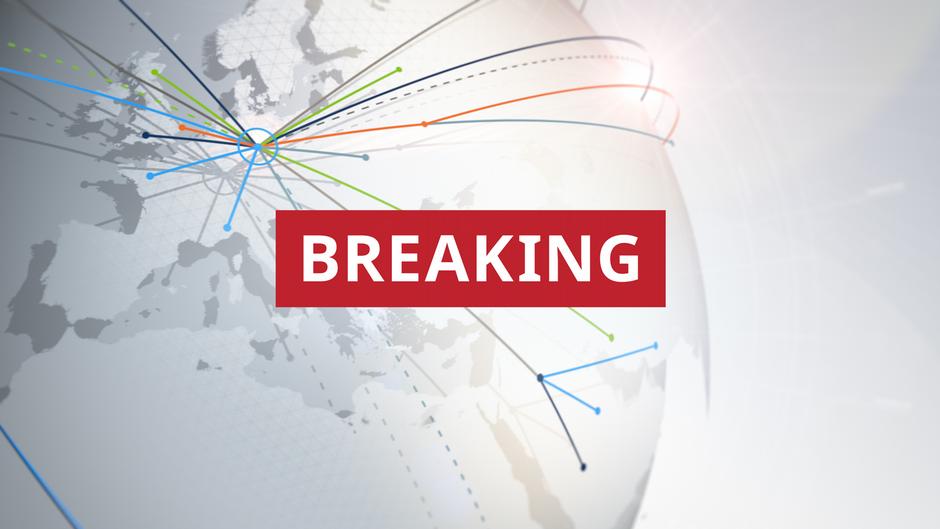All imports can be targeted under ‘America First’ policy
US President Donald Trump has vowed to impose 10-20% tariffs on all goods entering the United States to boost domestic manufacturing. The President said he wanted to encourage consumers and businesses to buy American-made products by making imported goods more expensive. He believes this will boost jobs and reduce the US trade deficit.
Critics warn that a uniform tariff on all imports would ultimately hit American consumers through higher prices, with low-income people most affected. Trump has warned that across-the-board tariffs — including on parts and raw materials — would make American production more expensive, making American manufacturers less competitive globally.
China is ready for a new round of trade tensions
Trump targeted China with tariffs during his first term amid intense competition from the world’s second-largest economy, a policy that the Biden administration continued by restricting access to advanced US technology such as chips and artificial intelligence.
As his second term begins, Trump has threatened to impose 20-60% tariffs on Chinese imports, with the first measures expected to be announced soon after he is sworn in. Economists and trade experts predict their next wave of tariffs could end up targeting goods rather than raw materials.
In the first 11 months of 2024, the US has a $270.4 billion (€262.5 billion) trade imbalance with China. Trump wants to reduce the trade deficit by encouraging more manufacturers to move production to the US. However, London-based research house Capital Economics warned in a recent report that the main beneficiaries of the 60% tariffs on China would be other low-cost manufacturers, not the US.
Ahead of Trump’s inauguration, U.S. importers boosted shipments from China to avoid the new tariffs. US ports handled 14.5% more containers of goods from China in December compared with the same month in 2023, Reuters news agency reported, citing a trade data supplier. Descartes Systems Group,
Anticipating Trump’s next move, Beijing has announced a temporary tariff on imports of industrial plastics from the US. Although the Chinese government has not publicly announced other measures, China responded with tit-for-tat measures during Trump’s first term.
wall street journal It was reported on Friday (Jan. 17) that Trump has told senior officials he wants to travel to Beijing to meet with Chinese President Xi Jinping during his first 100 days in office, indicating he wants to make a deal. want.
100% tariff warning to BRICS countries
Trump has expressed concern about discussions by BRICS – a grouping of the world’s fastest-growing economies – to establish a new currency to rival the US dollar.
During the US presidential election campaign, Trump threatened to impose 100% tariffs on the BRICS countries, including Brazil, Russia, India, China and South Africa, if they tried to challenge the dollar’s dominance.
According to the International Monetary Fund, about two-thirds of the world’s foreign exchange reserves are held in dollars. Major commodities such as oil are still bought and sold primarily in dollars.
BRICS has responded by saying it has no plans to launch a new currency and that talks about how to become less dependent on the dollar are still in the exploratory stage.
Trump wants to amend the Canada-Mexico trade agreement
Trump accused Canada and Mexico of not meeting the terms of the free trade agreement he helped negotiate. The president now says the United States–Mexico–Canada Agreement (USMCA), which took effect in 2020, is “the worst trade deal ever” and said he will revisit the agreement when it comes up for review next year. Are planning to talk to.
Trump accused his North American neighbors of not doing enough to combat drug trafficking or stop the movement of irregular migrants across their borders with the US. He said the USMCA did not cut the US trade deficit, so he threatened to impose 25% tariffs on goods from both countries.
The president recently told Fox News that he also wants a better deal for the American auto industry. Trump escalated his rhetoric by threatening to impose a 200% tariff on cars made in Mexico, which would potentially wipe out the country’s vehicle exports to the US.
Both Canada and Mexico are reportedly preparing to retaliate. Last week, outgoing Canadian Prime Minister Justin Trudeau announced the creation of an 18-member Canada-US Relations Council to help the government deal with the tariff threat.
The council includes representatives from the auto industry, nuclear energy, agriculture and the labor movement, as well as Canada’s ambassador to the US.
European carmakers are seeking a deal over Trump’s threat
Trump has also demanded that European automakers boost their US production. “I want German car companies to become American car companies,” he said at an election campaign rally in Savannah, Georgia.
Although he did not specify the tariff figure, Trump has proposed tax benefits to foreign automakers who move more manufacturing to the US.
European carmakers already face stiff competition from Chinese electric car makers and see China and the US as key markets for their future growth.
About 13% of cars and auto parts shipped from Germany ended up in the United States in 2023, according to Destatis, Germany’s federal statistics agency.
In November, the Kiel Institute for the World Economy (IFW) warned that Trump’s second term marks “the most economically difficult moment” in Germany’s post-war history.
Last week, German car giants including Mercedes-Benz and BMW called on the European Commission, the EU’s executive branch, to agree a “grand bargain” with Washington to protect the sector from potential tariffs.
Edited by: Rob Mudge






Leave a Reply